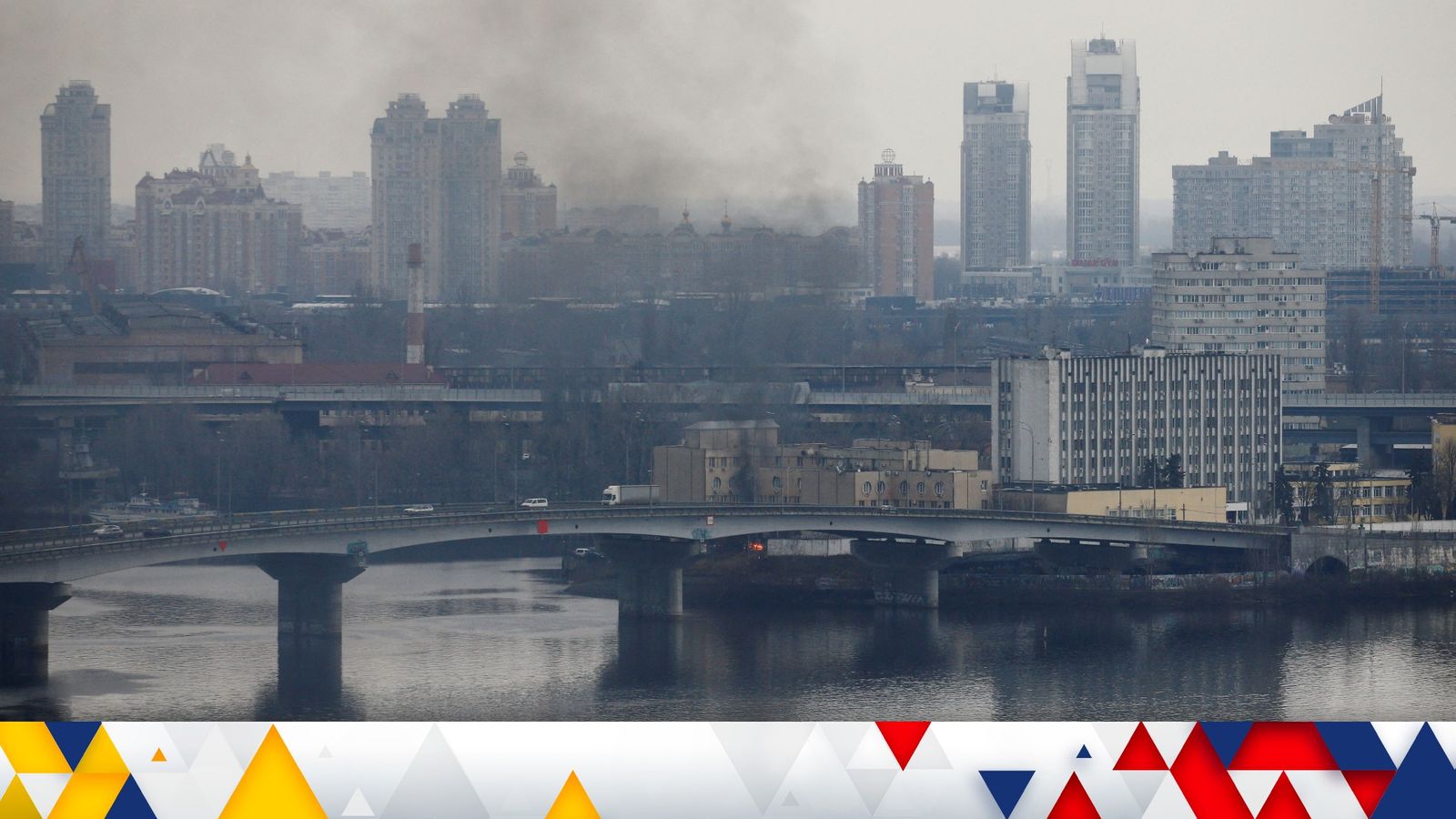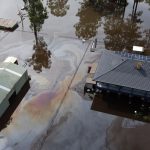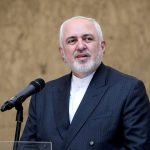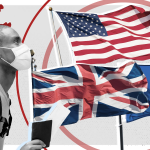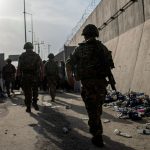It happened.
Russian President Vladimir Putin, in defiance of Western warnings about incurring unprecedented sanctions, sent his warplanes, soldiers, and ships to attack Ukraine.
Ukrainian troops are battling hard and – in some cases – effectively. A Ukrainian source and a Western source have said that Russian forces did not advance as far as they had planned during the first day of what appears designed to be a lightning fast intervention.
But given the vastly superior firepower of the Russian military, the odds are stacked heavily against Ukraine – at least during this initial phase of the invasion.
Kyiv is under threat, along with large swathes of the south and east of the country. In the words of Ukrainian President Volodymyr Zelenskyy, “a new iron curtain” is falling across Europe.
The big question, is what will happen next?
There are multiple possible scenarios, but they probably fit around three different ends of the spectrum: from all-out Russian victory, to a quick win evolving into long-term retreat.
Please use Chrome browser for a more accessible video player
1. Russian victory heralds dawn of new era
At one end, Mr Putin achieves an initial military victory, topples the democratically-elected government and successfully installs a puppet regime.
This new administration turns the nation firmly eastwards, rejecting previous desires to join the EU and the NATO defence alliance – both red lines for the Kremlin.
And of Ukraine’s more than 40 million people, those who can leave and want to go do, while those who stay behind adapt to the new normal.
Ukrainian and Russian forces clash on multiple fronts – live updates
Please use Chrome browser for a more accessible video player
For Moscow, it attempts to mitigate as much as possible the impact of the West’s punitive sanctions, forging ever closer ties to the world’s largest authoritarian power, China.
The lesson from Russia’s invasion of Ukraine would then feed the aspirations of other authoritarian regimes, particularly in Beijing, at the expense of liberal democracies.
The West is left looking exposed, weak, and unable to defend the fundamental values of the rule of law, democracy and human rights that have underpinned their prosperity for decades.
President Xi Jinping of China would doubtless be planning his next move on Taiwan, shaped by Russia’s actions over Ukraine.
All this could well spell the dawn of a new era where great powers impose their will over weaker rivals.
It would also mean the end as we know it of what is known as the international rules-based order that has shaped the world since 1945, benefitting democracies and hampering authoritarian governments.
Friday’s papers lead with ‘darkest day in peacetime history’
Please use Chrome browser for a more accessible video player
2. Putin’s forces dominate a divided Ukraine
The second scenario is only marginally less bleak from a Western perspective.
Mr Putin succeeds in taking and holding Ukraine’s entire coastline, stretching along the Black Sea and the Sea of Azov, cutting off the country’s ability to export.
It cripples the economy, leaving a rump state to be ruled by a weakened government in Kyiv.
An east-west Germany-style divide would then cut through Europe.
All parts of Ukraine under government control would be able to build closer ties with Western allies, while the other part of the country is absorbed back into the Russian sphere of influence.
Read more:
What is Putin thinking?
What is happening in Ukraine?
How does Ukraine’s military compare to Russia’s?
Please use Chrome browser for a more accessible video player
3. Effective resistance leads to protracted guerrilla warfare
As for the other end of the spectrum, there is the very real likelihood of a powerful and effective Ukrainian resistance to counter any Russian occupation or Russian-imposed government.
It could drag Moscow into a protracted guerrilla war in Ukraine, triggering discontent in Russia as the number of Russian soldiers killed and wounded grows, along with the financial cost of the mission. This is a situation that ultimately threatens Mr Putin’s authority.
Subscribe to the Daily podcast on Apple Podcasts, Google Podcasts, Spotify, Spreaker
This is the kind of scenario Boris Johnson appeared to favour when he gave a televised address to the UK.
“Our mission is clear,” the prime minister said. “Diplomatically, politically, economically – and eventually, militarily – this hideous and barbaric venture of Vladimir Putin must end in failure.”
Speaking on Thursday afternoon, one Ukrainian source said that he was ready to resist.
“I hope that a coup in Russia is also possible, otherwise the world is in deep trouble.”
